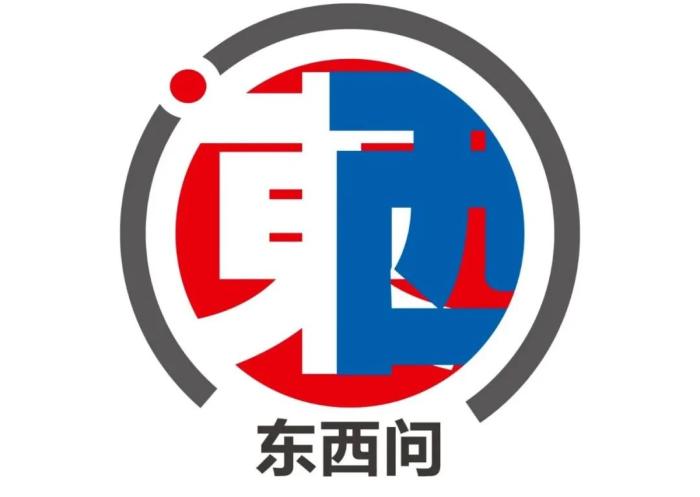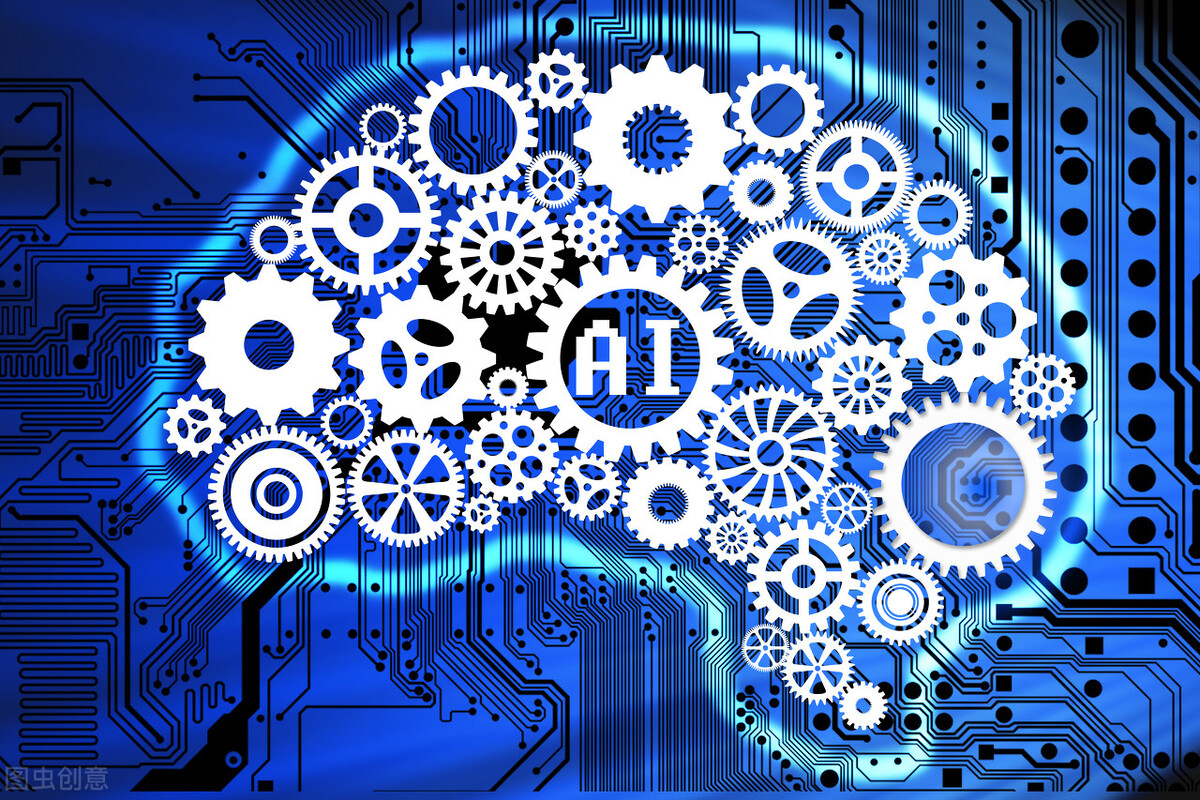EU Releases Ethical Guidelines On Artificial Intelligence
EU Releases Ethical Guidelines On Artificial Intelligence
The European Commission issued the ethical guidelines for artificial intelligence on April 8 to enhance people
The European Commission issued the ethical guidelines for artificial intelligence on April 8 to enhance people's trust in the artificial intelligence industry. The European Commission also announced the launch of the pilot phase of the artificial intelligence ethics code, inviting industrial and commercial enterprises, research institutions and government agencies to test the code.
Drafted by the EU's high-level expert group on artificial intelligence, the guidelines list 7 key conditions for "trusted artificial intelligence" - human agency and supervision capabilities, security, privacy data management, transparency, inclusion, social welfare, Accountability mechanism to ensure that artificial intelligence is safe and reliable enough. The EU defines "artificial intelligence" as "a system that displays intelligent behavior", which can analyze the environment and exercise a certain degree of autonomy to perform tasks.
According to the official explanation, "trusted artificial intelligence" has two necessary components: one is to respect basic human rights, rules and regulations, core principles and values; the other is to be technically safe and reliable to avoid unintentional caused by insufficient technology damage. For example, if AI diagnoses a person with a certain condition in the future, EU guidelines can ensure that the system does not make a bias diagnosis based on the patient’s race or gender, nor does it ignore the objection of human doctors, patients can Choose to obtain an explanation of the diagnostic results.
EU Commissioner for Digital Economy and Society Maria Gabriel said any decisions made by the algorithm must be verified and interpreted. When the insurance company's system rejects a claim, the customer should be able to know the reason in detail. Gabriel also stressed that there is also the need to ensure fairness of artificial intelligence systems. If the algorithm used by the recruitment system is generated by data from a company that only employs male employees, its algorithm may screen out female applicants, "this biased data entry will bring about ethical dilemma."
Regarding this principle, Andrews Ansip, Vice President of the European Commission and Vice President of EU Single Digital Market Strategy, said: "Artificial intelligence that meets ethical standards will bring a win-win situation and can become a competitive advantage in Europe, and Europe can become a trustworthy one. , a person-centered artificial intelligence leader. "
The EU's move has also been questioned. Matthias Spirkamp, co-founder of the nonprofit Algorithm Observation, believes that although it is a good idea to develop a code, the definition of the concept of "trustworthy artificial intelligence" is still unclear. It is not clear how future regulation will be implemented; industry insiders are worried that excessive refinement of the guidelines will make it difficult for many companies, especially small and medium-sized enterprises; in addition, Thomas, a philosophy professor at the University of Mainz, Germany, who participated in the drafting of the guidelines. Messinger criticized the EU for not banning the use of artificial intelligence to develop weapons. (Reporter Fang Yingxin)


![[Speaking By South China University Of Science And Technology] Humans Give Artificial Intelligence Ethics, And Breakthroughs In The Direction Of Biological Evolution Are The Key](https://lcs-sfo.k4v.com/sites/38/article/2025/02/13/63/images/7dd34943ddad152fb2596da1e7a2f9c5.jpeg)


